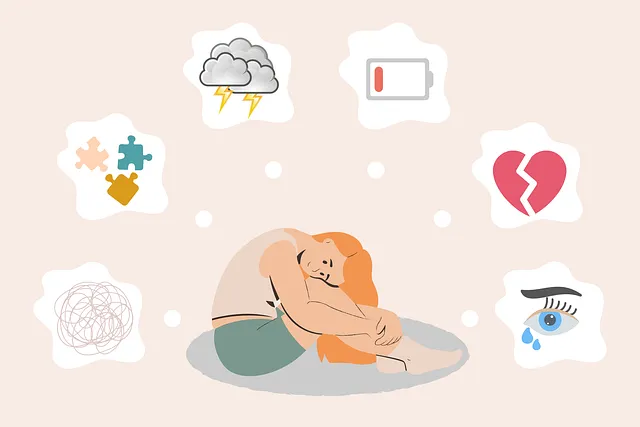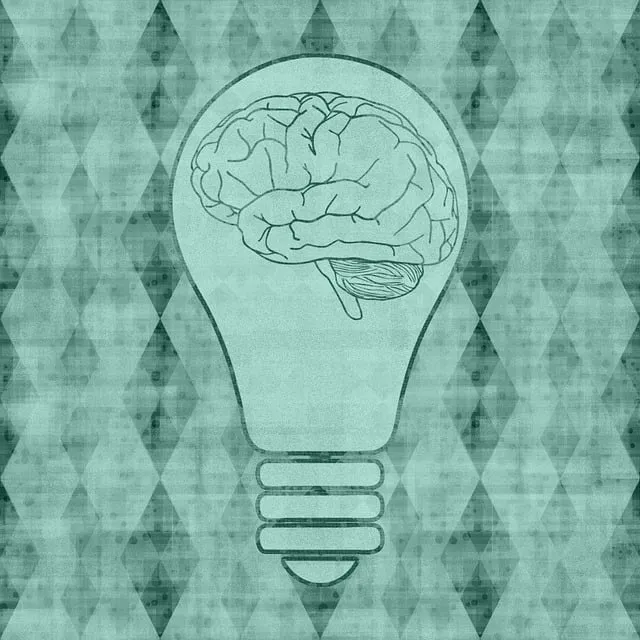Mental health professionals at Kaiser in Northglenn play a vital role in supporting emotional well-being and recovery, with risk assessment as a core practice. Their comprehensive approach, including cultural sensitivity and Trauma Support Services, ensures tailored care. Evaluating Kaiser therapists in Northglenn considers clinical expertise, local condition experience, burnout prevention, cultural sensitivity, and crisis intervention skills. Creating safe therapy environments, integrating coping skill programs, and community-specific mental health education are key to empowering individuals and reducing stigma. Continuous professional development ensures evidence-based practices, making Kaiser a promising destination for compassionate therapy in Northglenn. Northglenn does Kaiser have good therapists? Yes, based on these factors.
In the critical field of mental health practice, risk assessment is an indispensable tool for ensuring patient safety. This article delves into the essential practices for evaluating therapists, focusing specifically on the Kaiser network in Northglenn. We explore key factors to consider, from therapist qualifications and past performance to potential risks and mitigation strategies. Understanding these elements is pivotal in determining whether Northglenn’s Kaiser therapists provide effective and secure therapeutic environments, ultimately answering the query: does Kaiser have good therapists in Northglenn?
- Understanding Risk Assessment in Mental Health Practice
- Factors to Consider When Evaluating Kaiser Therapists in Northglenn
- Strategies for Ensuring Safe and Effective Therapy Environments
Understanding Risk Assessment in Mental Health Practice

Mental health professionals play a crucial role in helping individuals navigate their emotional well-being and recover from various mental health conditions. Risk assessment is an integral part of this process, enabling practitioners to identify potential hazards or vulnerabilities within their clients’ lives. By understanding these risks, therapists can develop tailored interventions and treatment plans that effectively support clients, especially those recovering from trauma.
In the context of Northglenn, where Kaiser offers mental health services, risk assessment becomes a vital tool for ensuring patient safety and guiding therapeutic practices. Therapists should be equipped to recognize cultural sensitivities in their assessments, as diverse populations may have unique challenges and perspectives related to emotional well-being promotion techniques. This comprehensive approach, including Trauma Support Services, allows professionals to deliver high-quality care and address the specific needs of every client, fostering a supportive environment for recovery.
Factors to Consider When Evaluating Kaiser Therapists in Northglenn

When evaluating Kaiser therapists in Northglenn, several key factors come into play. First and foremost, it’s crucial to assess the therapist’s clinical expertise and experience in treating a range of mental health conditions, particularly those prevalent in the local community. This involves looking at their training, certifications, and specialized areas of focus, ensuring they possess the skills to handle complex cases effectively.
Additionally, the wellness and well-being of Kaiser therapists should be prioritized to prevent burnout, a common issue among healthcare providers. Mentors, support groups, and access to resources for self-care are essential components that contribute to a healthy work environment. Evaluations should also consider the therapist’s cultural sensitivity and their ability to provide inclusive care, as this is vital in reducing mental illness stigma. Crisis intervention guidance and experience handling urgent situations are other critical aspects to gauge, ensuring patients receive timely and appropriate support.
Strategies for Ensuring Safe and Effective Therapy Environments

Creating safe and effective therapy environments is paramount for mental health professionals, especially in diverse communities like Northglenn. Organizations such as Kaiser should prioritize strategies that foster open communication and ensure therapists have the necessary resources to support clients effectively. This includes integrating coping skills development programs into treatment plans, which can empower individuals to manage their mental illness symptoms proactively. By addressing these challenges head-on, Kaiser in Northglenn can enhance client outcomes and reduce the stigma associated with mental health issues, ultimately cultivating a supportive environment for all.
Additionally, designing mental health education programs that cater to the unique needs of the community is essential. These initiatives should aim to raise awareness about mental illness, challenge societal perceptions, and promote understanding. Through such programs, Kaiser can contribute to broader Mental Health Education efforts, encouraging early intervention and supporting individuals in their journeys towards recovery. Ensuring therapists are equipped with the latest evidence-based practices and continuously engaged in professional development is a key step in providing high-quality care, making Northglenn’s Kaiser a promising destination for those seeking compassionate and effective therapy.
Mental health professionals play a crucial role in fostering safe and supportive therapy environments, especially considering the sensitive nature of their work. By understanding risk assessment principles and implementing effective strategies, practitioners like those at Kaiser Therapists in Northglenn can ensure they provide high-quality care while mitigating potential risks. Regular evaluation of therapists’ skills and competencies is essential to maintain a good standard of practice, ensuring Northglenn residents access well-supported and safe therapy services.






